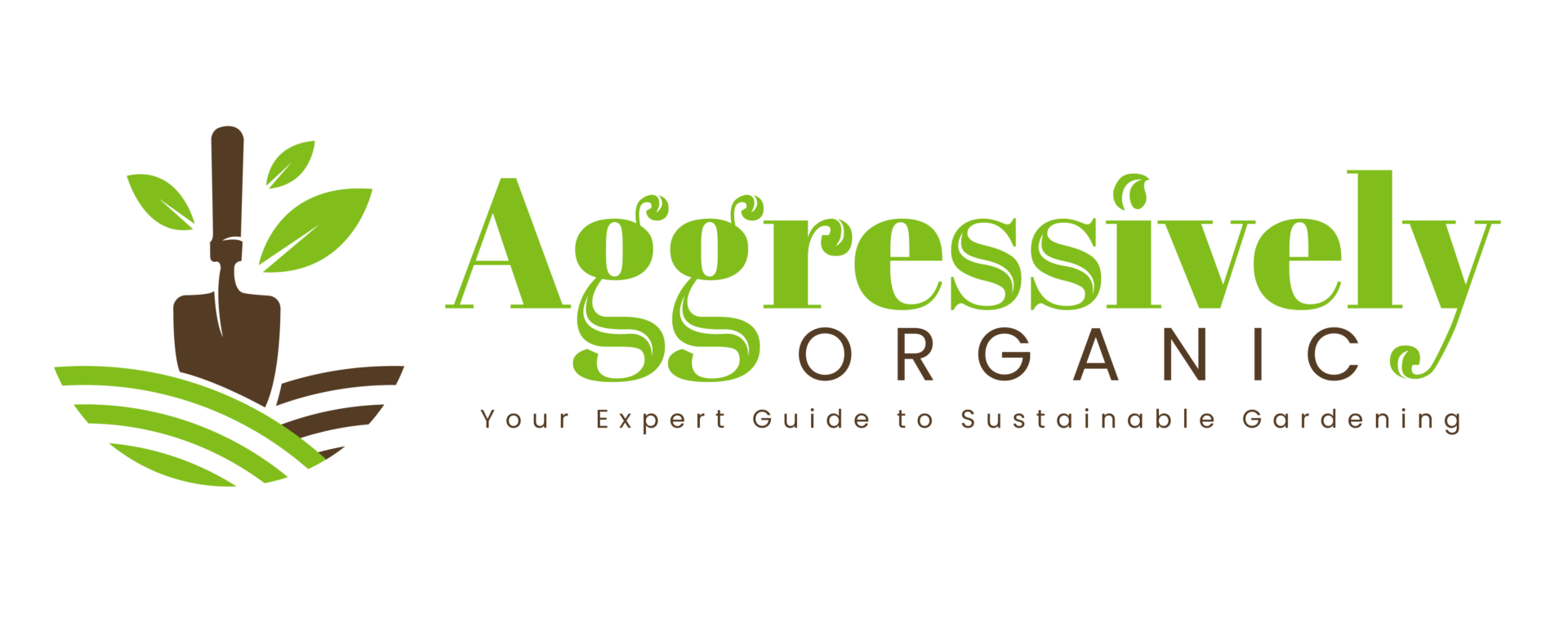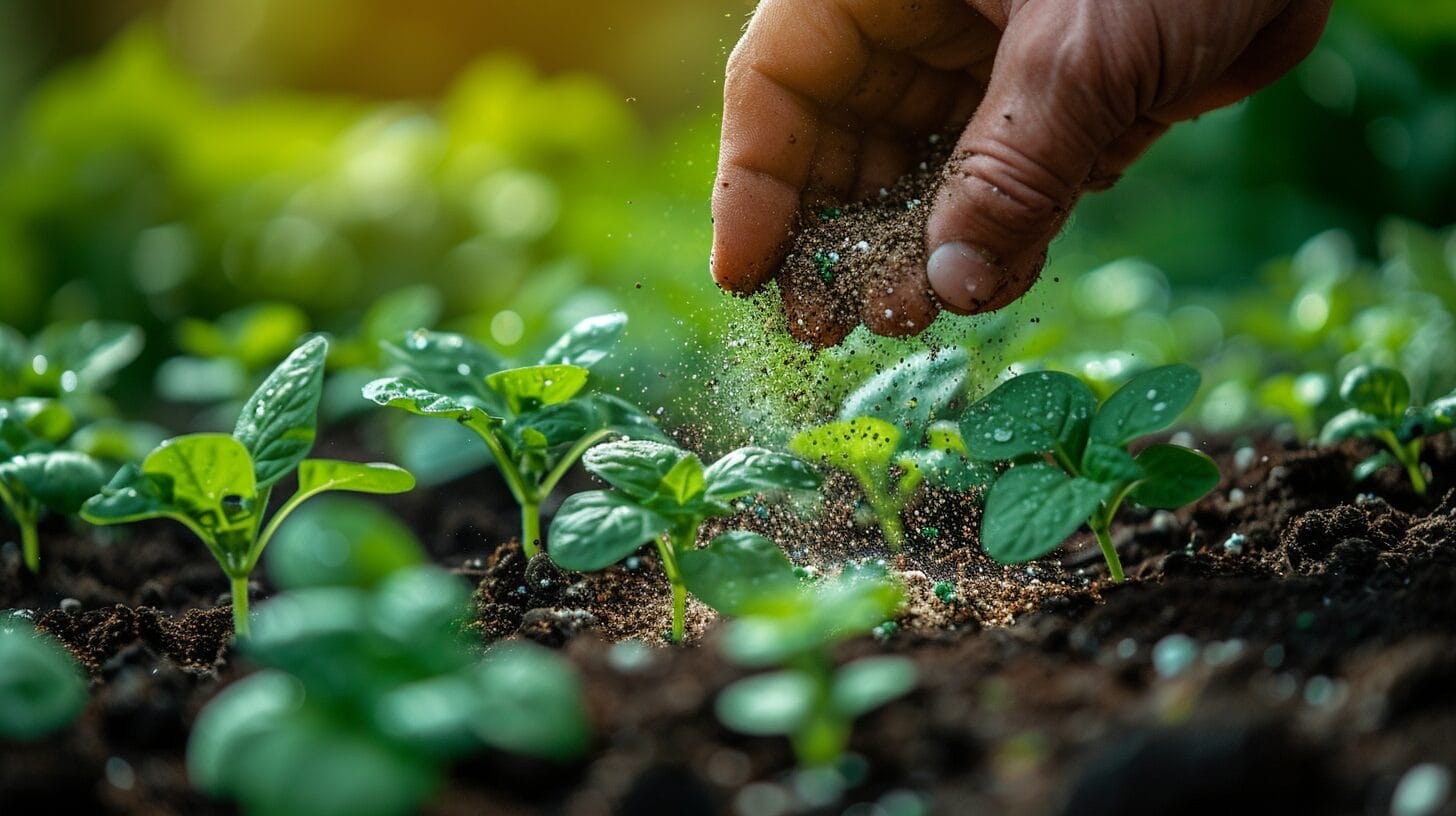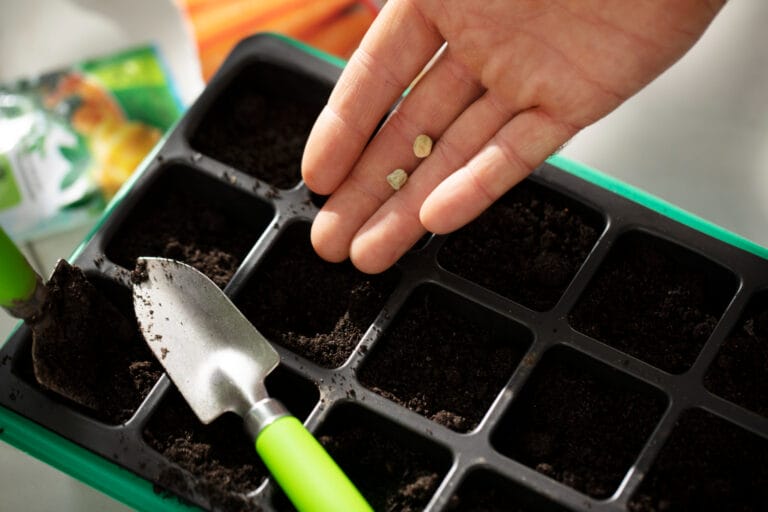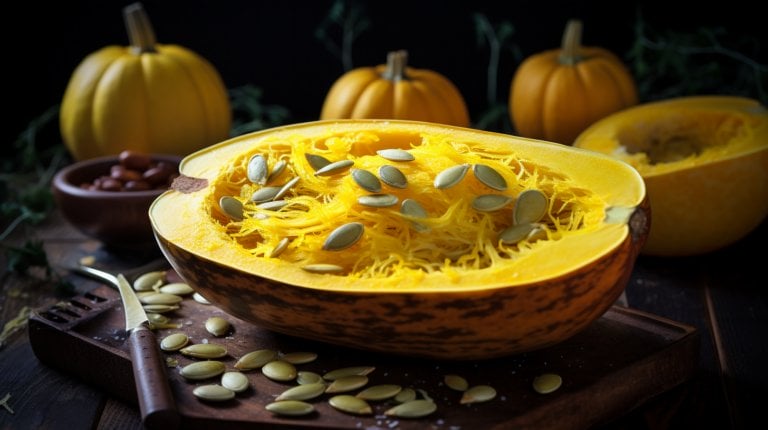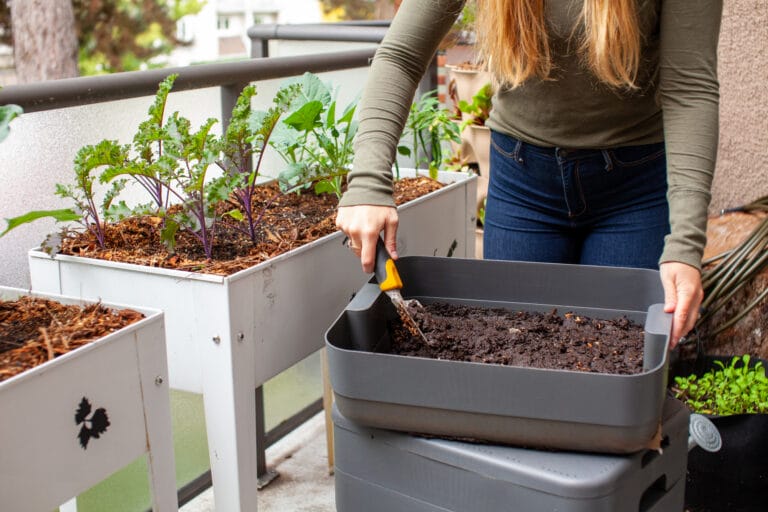What plants benefit from Alfalfa meal? Alfalfa Meal: A Gardener’s Secret Weapon for Plant Health and Vigor in 2024 What plants benefit from Alfalfa meal
The vast realm of plant maintenance harbors an unassuming treasure that possesses the power to unleash the full strength of your cherished plants. This quiet champion is known as alfalfa meal. Despite its modest presentation, it showcases a remarkable capacity to boost plant vitality and wellbeing.
But how exactly does alfalfa meal work its magic? And what makes it so special? Join us as we uncover the secrets of this extraordinary soil amendment and reveal why it is a must-have in every gardener’s arsenal.
Key Takeaways
- Alfalfa meal is a natural fertilizer derived from the dried and ground leaves and stems of the alfalfa plant.
- It contains essential nutrients like nitrogen, phosphorus, and potassium, as well as trace elements like calcium, magnesium, and iron.
- When used as a fertilizer, alfalfa meal improves soil structure and drainage, increases water-holding capacity, supports beneficial soil microorganisms, and enhances overall plant growth and health.
- It is beneficial for a variety of plants, including tomatoes, roses, legumes, and peppers.
Understanding Alfalfa Meal as a Fertilizer
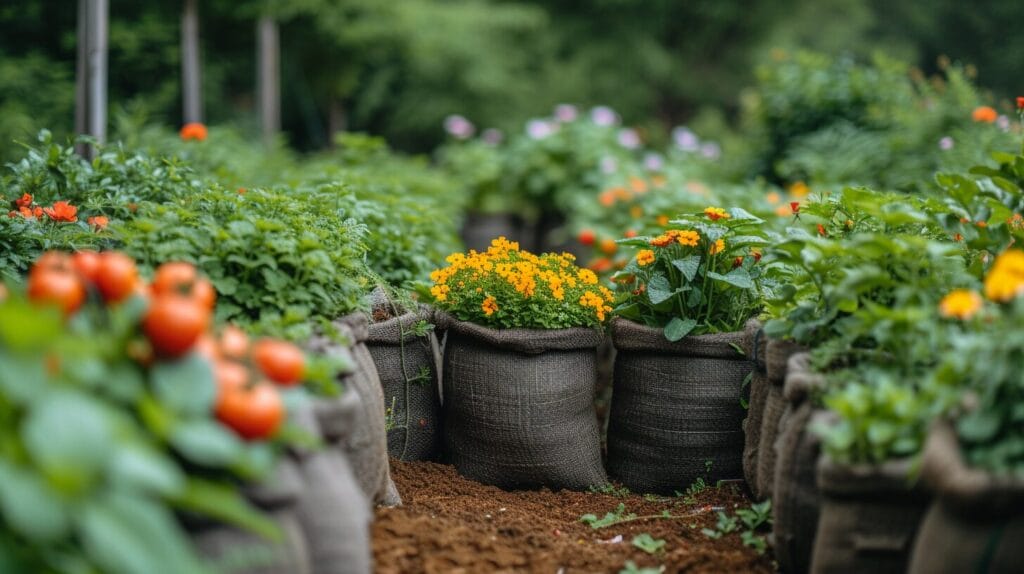
Alfalfa meal fertilizer is ground, dried alfalfa leaves and stems providing essential nutrients like nitrogen, phosphorus, and potassium in a well-balanced, slow-release profile. Beyond nutrition, alfalfa meal improves soil structure as an amendment by aerating compacted clay soils and promoting drainage and moisture retention.
The organic matter also enriches the soil through beneficial microbes that mineralize nutrients from breakdown into plant-accessible forms, thereby enhancing fertility.
This multi-benefit soil conditioner feeds plants immediately while establishing enduring soil health and nutrient availability amplified by microbiome activity. Alfalfa meal sustains plants and soil symbiotically now and years beyond the initial application.
What Plants Benefit from Alfalfa Meal?
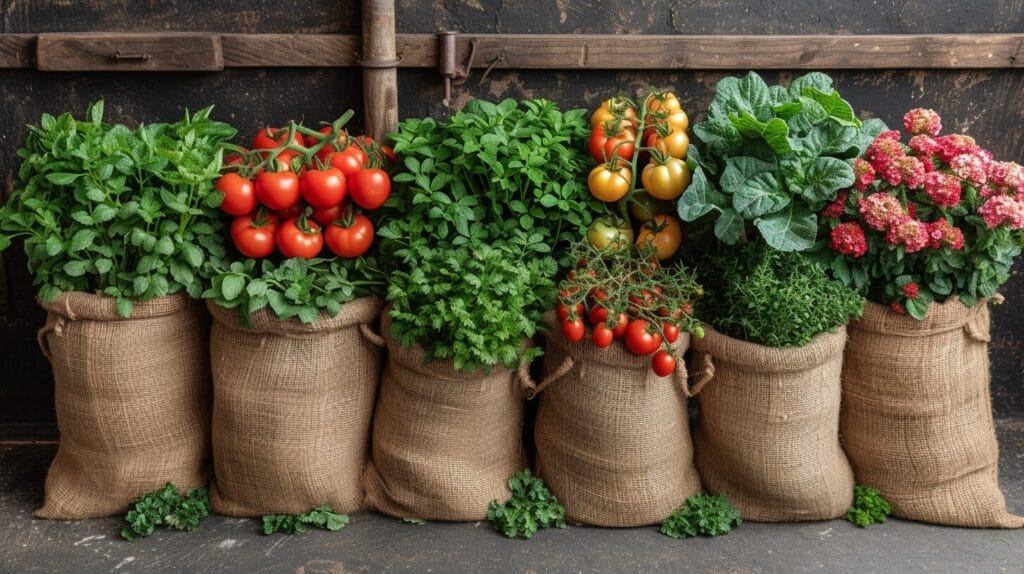
Alfalfa meal is a valuable addition to any garden, benefiting a variety of plants with its nutrient-rich composition. Here are four plants that benefit from the use of alfalfa meal:
- Tomatoes – Alfalfa meal enhances tomato growth, yield, and disease resistance through steady nutrient supply and soil microbes.
- Roses – High potassium feeds vibrant rose blooms while the full nutrient profile elevates plant health and resilience.
- Legumes – Alfalfa supports nitrogen fixation for increased legume productivity and plant health.
- Peppers – Well-balanced, slow-release nutrients improve pepper fertility, fruit production and harvest abundance.
Different Ways to Use Alfalfa Meal in the Garden
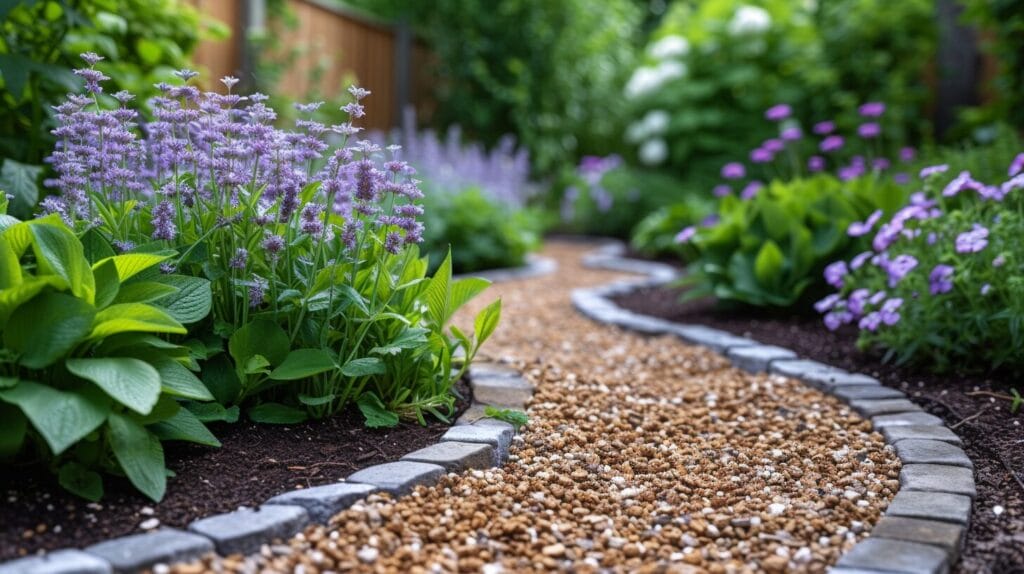
Alfalfa meal slowly releases nutrients when used as a long-term soil amendment for steady plant nourishment over time. Steeping alfalfa meal into a readily-absorbed foliar tea feeds plants a nutrient boost. Blending alfalfa meal fertilizer allows customizing organic nutrients for specific gardening needs.
Additional techniques like underground application at planting transition alfalfa’s sustenance into establishing root zones. With versatility spanning soil enrichment to liquid teas, alfalfa meal empowers gardeners through customizable organic feeding approaches.
Here’s a simple recipe to get you started:
| Ingredient | Amount |
|---|---|
| Alfalfa meal | 1 cup |
| Bone meal | 1/2 cup |
| Kelp meal | 1/4 cup |
| Epsom salt | 1 tablespoon |
Mix these ingredients and apply the fertilizer around the base of your plants. This will provide a balanced blend of nutrients and organic matter to support their growth and overall health.
Best Practices for Using Alfalfa Meal
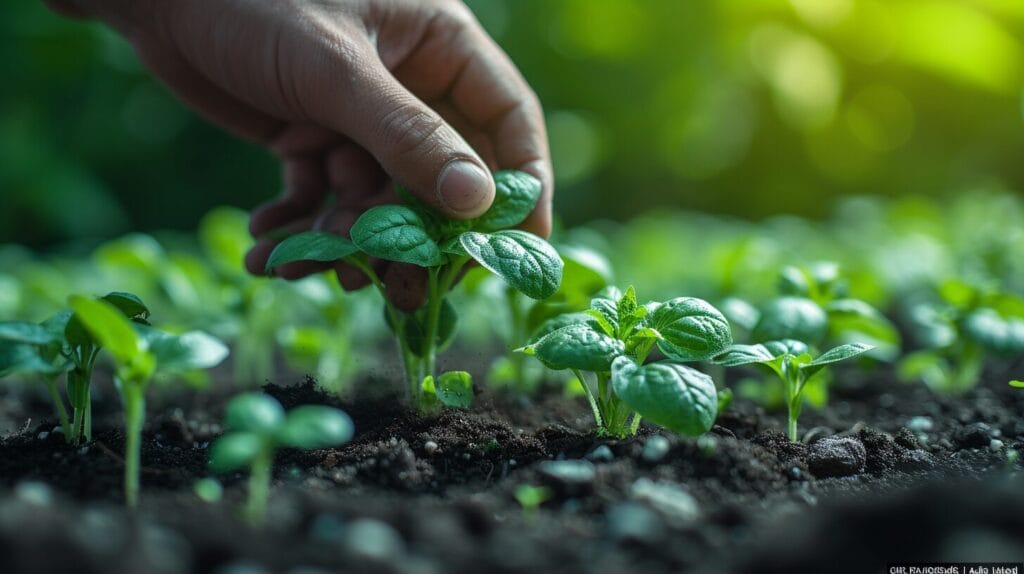
To ensure the best results when using alfalfa meal in your garden, it’s important to follow these best practices:
- Dosage guidelines: Different plants have different nutrient requirements. It’s crucial to follow the recommended dosage guidelines for each plant type and growth stage. This will ensure that your plants receive the right amount of nutrients for optimal health and vigor.
- Pre-soaking: Pre-soaking your alfalfa meal before application can improve nutrient availability. Soaking the meal in water for a few hours or overnight allows it to break down and release its nutrients more readily.
- Timing: Timing is everything when it comes to using alfalfa meal. For the best results, apply the meal in the fall or early spring. Applying it too late in the season may not provide enough time for the nutrients to be fully available to your plants.
- Incorporation methods: There are several ways to incorporate alfalfa meal into your garden. You can mix it into the soil before planting, sprinkle it around the base of established plants, or use it as a top dressing. Additionally, water the area thoroughly after application to help the meal integrate into the soil.
Where to Buy Alfalfa Meal and Final Thoughts
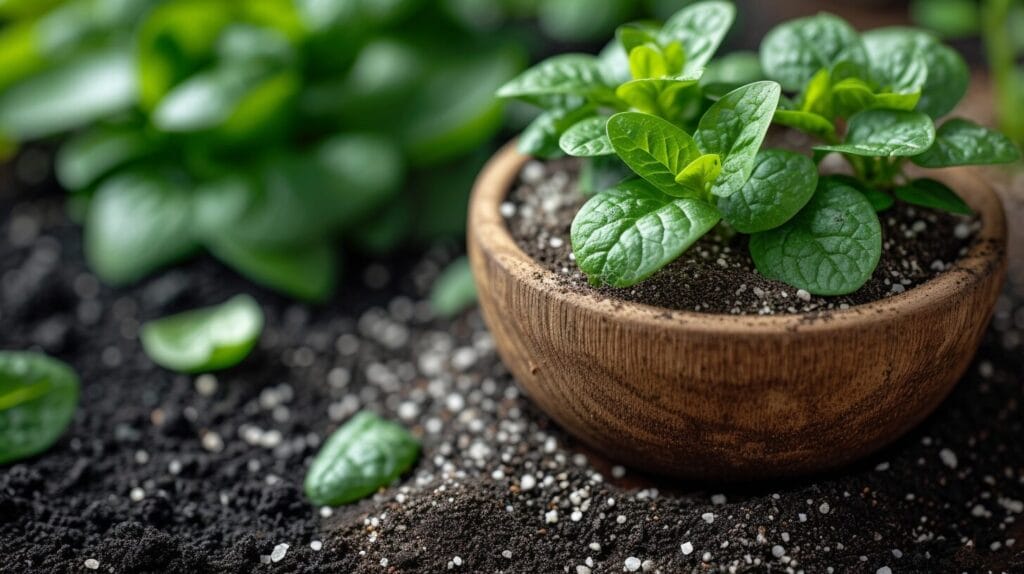
When buying alfalfa meal, reputable garden supply websites offer high-quality bagged products with detailed source information to evaluate quality. Local nurseries also carry options while providing knowledgeable guidance on the ideal type and use methods for specific planting needs.
Carefully choosing organic or conventional alfalfa from reliable suppliers ensures optimal soil enrichment and plant health benefits. Applied properly alongside complementary garden products, the slow-release bloom booster feeds soil microbes and nurtures vigorous fruiting and flowering.
Don’t underestimate the versatile alfalfa meal’s power to unlock any plant’s full potential through natural soil enhancement.
Conclusion
In conclusion, alfalfa meal is truly a gardener’s secret weapon for plant health and vigor. Its well-balanced fertilizer composition and slow-release nutrients make it a versatile and sustainable option for any garden.
By improving soil structure, promoting nitrogen fixation, and supporting beneficial soil microorganisms, alfalfa meal creates the perfect environment for plants to thrive.
So whether you’re growing fruiting plants or roses, don’t underestimate the power of alfalfa meal in unlocking their full potential. Get your hands on this remarkable soil amendment and watch your garden flourish!
Frequently Asked Questions
What are the benefits of using alfalfa meal in gardening?
Alfalfa meal is a fantastic natural fertilizer and soil amendment that enriches the soil with beneficial nutrients. It promotes healthy plant growth, improves soil structure, and encourages beneficial soil microbes.
How much alfalfa meal should I use in my garden?
For general application, you can use 2-5 pounds of alfalfa meal per 100 square feet of garden area. It’s important to follow the recommended application rates to prevent over-fertilization.
What Plants Can I Use Alfalfa Meal for in My Spring Planting?
Looking for spring planting recommendations 2024? Consider using alfalfa meal for plants like roses, tomatoes, and peppers. Alfalfa meal is a natural fertilizer that provides a slow release of nutrients, improves soil structure, and enhances microbial activity. It’s a great organic option for promoting healthy growth in your spring garden.
Can alfalfa meal be used to improve soil quality?
Yes, alfalfa meal is an excellent soil conditioner. It helps improve soil structure, enhances water retention, and fosters the growth of beneficial soil microorganisms, making it beneficial for overall soil health.
Is organic alfalfa meal beneficial for organic gardening?
Absolutely, an organic alfalfa meal is a great choice for organic gardening. It is a natural and sustainable source of nutrients, making it ideal for nourishing your garden without synthetic chemicals.
What are the best ways to use alfalfa meal in the garden?
Alfalfa meal can be applied as a top dressing, worked into the soil, or used to make alfalfa tea. It can also be added to compost piles to enhance the nutrient content of the compost.
